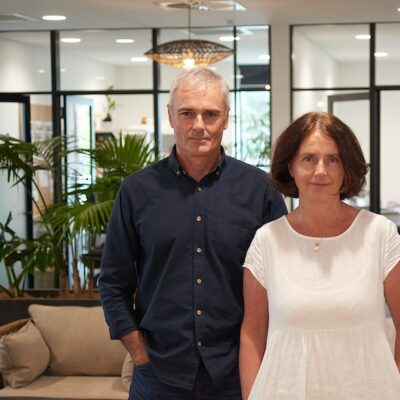Nelson business welcomes consent exemption
SheShed welcomes the government’s announcement that ‘low risk buildings,’ or single story buildings of up to 30 square metres no longer need a council building consent.
Nelson business SheShed welcomes the New Zealand government’s announcement that ‘low risk buildings,’ or single story buildings of up to 30 square metres such as sleepouts, carports or sheds, will no longer need a council approved building consent.
The exemptions to the Building Act are expected to be effective from the end of August 2020, removing an estimated 9000 consents per annum from local authorities’ building consent review processes.
“This is a massive change,” says SheShed Customer Services Manager Sharoyn Reid. “Previously customers would come to us wanting a 15 square metre sleepout in their backyard not knowing or having considered that a consent is required for anything larger than 10 square metres. Once they found out a consent was needed they would immediately ask what the biggest shed or cabin option was that didn’t require consent or would flag the project altogether.
“More than 30 percent of all our enquiries involve a conversation about what’s allowed in different local authority catchments. Most people consider consents a huge, expensive headache. It takes the whole fun out of the project when so much red tape, paperwork, and consultation is required on a simple project such as a home office, teenage retreat, or music room. We’re delighted that this change will mean people can get a good quality shed or cabin built on their property much more quickly and efficiently.”
The legislative change couldn’t have come at a better time given the quantifiable need and surge in interest from people wanting to set up good quality home offices, says Reid.
“SheShed has had a 40 percent increase in enquiries about sheds or cabins since New Zealand went into level 3 in response to COVID-19 in March 2020, compared with figures for a similar period last year.”
Reid stresses that SheShed still recommends using a qualified builder to put their sheds and cabins together, although it is possible for a competent DIYer with the right tools to do the job.
“We would recommend people contact a qualified builder to help with their shed or cabin because they can have confidence in the result, they can know that it will meet the building code – which is still a requirement – and because the building industry really needs our support at this time. We have had many enquiries recently from builders actively seeking work and know that there are more builders available for smaller jobs such as this right now.”
As New Zealand moves down alert levels, Reid says that she is expecting demand for SheShed cabins and sheds to remain high.
“People are realising that working for home may well be a part of our lives for some time to come but also that there are productivity and money-saving gains to be made by doing so.”
Avoiding costly leases for business premises is a sensible future-proofing move for many small business owners, says Reid, many of whom have had to continue to pay rent for premises they couldn’t access during lockdown.
“They are seeing that for a relatively modest initial cost outlay, they can have a space that they can use for an office base, treatment room or showroom, with the option of changing it to an area for teenagers or another use if they don’t need it for an office in the future.”






